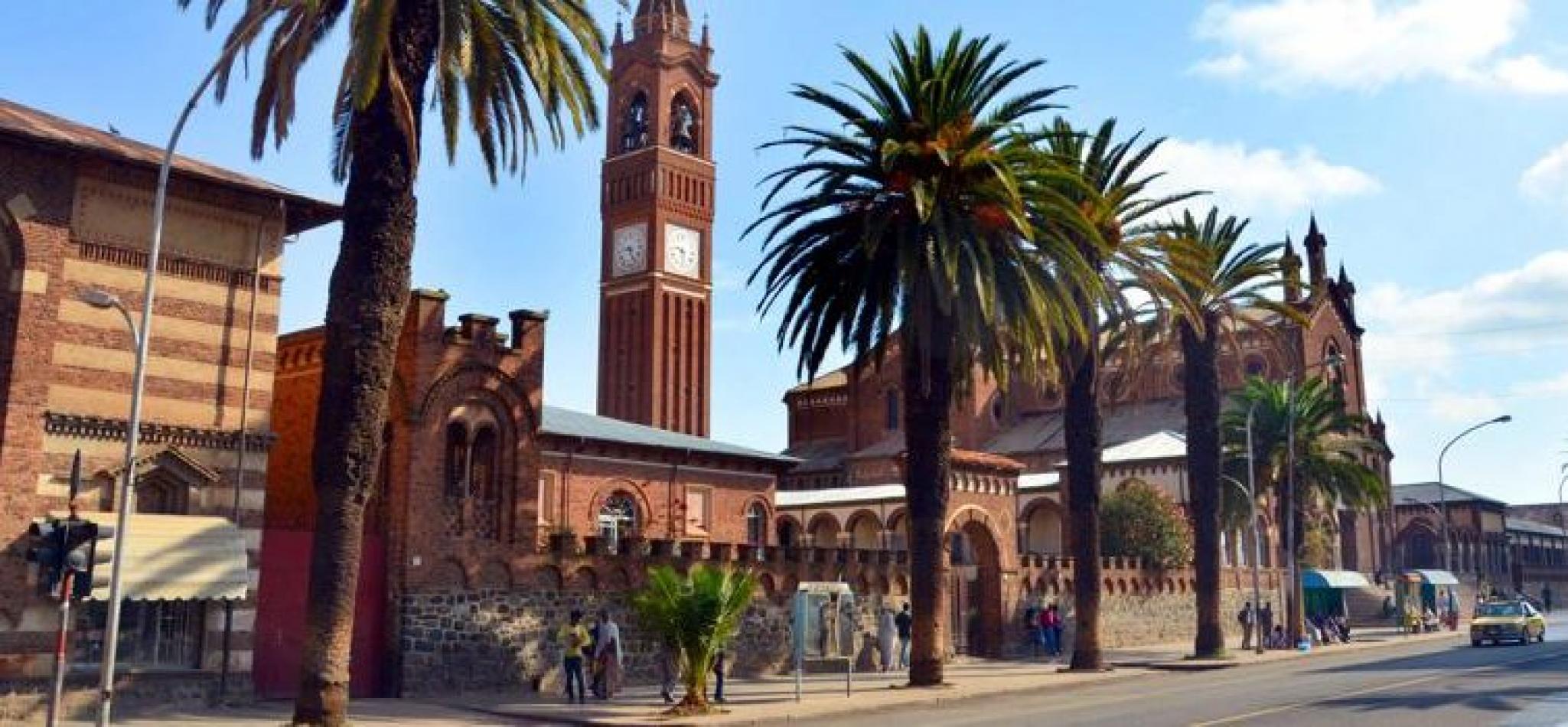Daniel Comboni
Comboni Missionaries
Institutional area
Other links
Newsletter
Thursday, September 12, 2019
The Catholic eparchy wrote a letter to the Minister of Public Education condemning the recent nationalization of Catholic schools in Eritrea. Three more schools were seized in September (7 including Protestant and Muslim facilities), in addition to 21 healthcare centres shut down in recent months (29 in total). They cannot explain the reasons for the crackdown.
The Bishops of Eritrea raise their voices against the nationalisation of Catholic schools and hospitals and ask the government for an explanation. “If this is not hatred against the faith and against religion what else can it be?”, they wrote on 4 September in a letter to the Minister of Public Education Semere Re’esom, protesting “the arbitrary and unilateral measures recently taken by the government with the nationalization of our clinics” (in addition to 29 hospitals and health facilities) and “of our schools.”
The latest seizures occurred on September 3, involving the St. Joseph of De La Salle Brothers primary and secondary school in Cheren; the Capuchin Friars’ secondary school in Addi-Ugri and St. Francis primary and secondary school run by the Capuchin Friars in Massawa. “We hereby express our rightful and necessary protest against such measures,” wrote the Catholic Eparchs Monsignor Menghisteab Tesfamariam, Archbishop of Asmara, Monsignor Thomas Osman, Eparch of Barentù, Monsignor Kidane Yebio, Eparch of Cherne and Monsignor Fikremariam Hagos, Eparch of Segheneyti, in a letter received in its original form by SIR.
A crackdown on educational and health care facilities. Despite the signing of the peace agreements with Ethiopia, nothing has changed in Eritrea in the area of human rights and religious freedom. Recent UN and Human Rights Watch reports confirmed these findings along with a mandate to the Commission of Inquiry into the violation of human rights. Latest serious incidents include the closure and government takeover of seven schools run by religious organisations (Catholic, Protestant and Muslim), “completely cost-free and attended by children from the poorest and most disadvantaged families”, justified by a 1995 law granting the State exclusive jurisdiction over all forms of social activity and assistance. For many observers, these seizures represent a retaliation against the Catholic Church, which had called for effective reform policies, the implementation of the Constitution approved in 1997 but never entered into force, and the convening of free elections.
Nationalization of three Catholic schools in September. The Most Holy Redeemer Secondary School of Asmara’s seminary was closed two years ago, with three other secondary schools closed in September, one of which includes a primary school. “Our wishes and agenda as bishops of the Catholic Church have always included meetings with government authorities to discuss the situation of our Church and our nation. Unfortunately, this desire has never been given any consideration by the state authorities”, read the opening lines of the Letter. The bishops point out that schools and hospitals are part and parcel of the “life and mission” of the Church and that “no other objective – whether declared or unspoken – exists on the part of the Church in the management of her educational institutions, except the honest, truthful and passionate contribution to the integral promotion of the human person, both yesterday and today.” The bishops said they cannot understand “in which category of possible and imaginable explanations this expropriation of the Church’s educational institutions – instruments through which she has profoundly influenced the growth, progress and civilization of an entire people- can be classified: “On what grounds has it been so boldly declared – with deeds rather than words – devoid of any right and authority to claim entitlement to these institutions”?
No regulatory breach. Then why? “If this is not hatred against the faith what else can it be?” the bishops ask. Moreover, no justification has been given for the recent nationalisation of schools, since there has been “no breach of school administrative regulations, no breach of the rules, no educational or teaching inadequacy, no fault by commission or omission.” On the contrary, given the high quality and standard of the schools, “far from being subjected to the recent unjustifiable alienation, they should have been given maximum recognition and encouragement.”
“The adoption of resolutions and actions detrimental to this and other rights is unacceptable, and, above all, it harms everyone.
By acting this way “the freedom of the individual is denied and his activities are incapacitated. Wherever freedom and rights are denied, there is no room for peace, freedom or the rule of law.”
Requests to the government. Thus, “as Eritreans and as Catholics” the bishops “reject all the steps that have been taken time and again by the State to the detriment of our social institutions.”
They can be “no compromise on the violation of rights and duties we are entitled to as citizens and believers”, they write in the Letter, and request “a revision of the latest decisions coupled by the immediate cessation of the related course of action”; that “all education and health facilities of the Church” be “allowed to continue their precious and deeply appreciated service to the people”; and that the only feasible path in case of “amendments or adjustments” is the path of “open and constructive dialogue.” In the closing lines they reiterate the intention to “give continuity” to ecclesial service “in the area of education, at any level and whichever form, in compliance with the pertinent State regulations.
We consider any action contrary to this mission to be a violation of Church freedoms and rights”. Until “these rights are restored” – they conclude – the Church “shall continue to seek justice from those holding the power to administer it.”
[Patrizia Caiffa – SIR]




